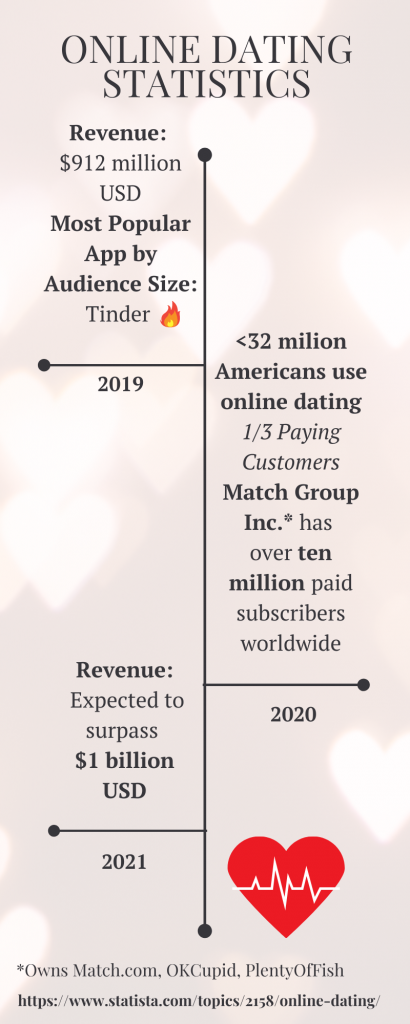 February is the month when many look for love, celebrate love, or decide to spend their lives with the ones they love because of one day, the 14th. We can usually count on, in the days and weeks leading up to Valentine’s Day, ads enticing us to buy flowers and jewelry, or chocolate-dipped strawberries or gold-dipped roses. And, somewhere along the line, we’ll see images of Cupid, who was more heartthrob than cherub originally. He’ll be drawing his bow, shooting arrows, and somehow magically making people fall in love.
February is the month when many look for love, celebrate love, or decide to spend their lives with the ones they love because of one day, the 14th. We can usually count on, in the days and weeks leading up to Valentine’s Day, ads enticing us to buy flowers and jewelry, or chocolate-dipped strawberries or gold-dipped roses. And, somewhere along the line, we’ll see images of Cupid, who was more heartthrob than cherub originally. He’ll be drawing his bow, shooting arrows, and somehow magically making people fall in love.
As someone who doesn’t use dating apps or go to dating sites unless a friend has asked me to give an opinion about whether someone might be a good match, you might wonder why I’d be writing a post about online dating. To be clear, I’m not saying do or don’t use online dating or apps to find your best friend, your soul mate, or someone to spend a few hours with because you’re free, though I must admit I might raise an eyebrow or two at the latter given the fact we’re living through a pandemic.

I’m also not an expert in love or dating…far from it. However, I’m hoping to be a small voice of reason. If you decide to use this technology, use it wisely and keep security in mind because where emotions are concerned, we tend to drop our guard. It’s easy to get caught up in the moment, which is why I’m going to suggest only one rule of thumb.
Exercise due diligence.
Putting that into action means you’ll need to do a little research before you decide to sign up, post your selfie, and divulge who you are, what you do, and let a community know what your favorite color is or whether you attend religious services or have/are interested in having children. That means reading the fine print, thinking about your security, and understanding that you may end up getting more than you bargained for in your inbox or on a date.
Reading the Fine Print

Like most websites, online dating sites and apps have what most people refer to as “fine print”. These are the terms of service and privacy agreements that companies use to describe their products and services, how they are meant to be used, and certain responsibilities. They also describe the data that is collected, and how to resolve disputes. Typically, these are displayed – though usually not in their entirety but as links to pages – during the account creation process. To use the platform or app, it’s necessary to agree. Often, they contain language like:
- By accessing or using X company’s services, you agree to be bound by these terms, so it is important that you read this agreement carefully before you create an account. We may update the terms from time to time, so you should check this page regularly for updates.
- By using these services, you represent and warrant that: You are at least 18 years old, and you are legally qualified to enter a binding contract with X company.
- You agree you will not: Misrepresent your identity, age, current or previous positions, qualifications, or affiliations with a person or entity or use the services for any harmful or illegal purpose.
- We collect information from and about the device(s) you use to access the service, including IP address, device ID and type, device-specific and apps settings and characteristics, advertising IDs, browsers, operating systems, time zones, identifiers associated with cookies and other technologies that may uniquely identify your device, and information on your wireless and mobile network connection.
Of course, there’s more. A lot more. However, in the interest of keeping this blog post manageable and not wanting to bore you with legalese, I’ll keep this short. You need to read the fine print before you click “I agree”. Make sure you’re comfortable with what is being asked of you and what the company states will be done to safeguard your data and privacy.
Security

Even before you decide whether to click “I agree”, you should consider your physical security. Think about anddecide what you are willing to share publicly. While an honest profile is far better than one that ends up being a bait and switch – think scammer who three messages in asks for money to help pay for a dog sitter or cash to get home – you don’t have to divulge everything about you and your life.
Similarly, keep in mind that the adage a picture is worth a thousand words is true, especially if someone is even the least bit savvy with Google. Should you really post pictures of you at home? With your car? With your children if you are a single mom? Or that contain information that could be used to identify you outside of the online dating platform or app?
As much as we’d like to think everyone will abide by the agreements, that’s not always the case. Social engineering is real, and there are other dangers as well, which is why you should always check your selfies. What is in the background? What does that reveal about you and your location? If you are wearing glasses or sunglasses, what can be seen in the reflection?
Crossed Lines

While online dating is easy and efficient and many users report positive experiences, in 2019 Pew Research Center found 60% of female users ages 18 to 34 say someone continued to contact them after they said they weren’t interested and 57% received unsolicited sexually explicit messages or images.
That’s why it’s also important, if you use an online dating platform or app, to know how to report instances of abuse or assault. It’s also important to know where you can turn for help should you find you need it. Tinder, for example, allows users to file reports in-app or online, and states on its website that the company “works to promptly investigate reported crimes, assess and take appropriate action, and fully cooperates with law enforcement in any investigation”. Tinder also has a page dedicated to Dating Safety Tips that includes resources for help, support, or advice.
Of course, if you find yourself in immediate danger or in need of immediate assistance, in the US you should call 911 or local law enforcement. You might also want to reach out to one of the resources below for assistance.
Resources
- RAINN’s National Sexual Assault Hotline
1-800-656-HOPE (4673)
www.rainn.org - National Domestic Violence Hotline
1-800-799-SAFE (7233)
www.thehotline.org - National Human Trafficking Hotline
1-888-373-7888 or text 233733
www.humantraffickinghotline.org - National Sexual Violence Resource Center
1-877-739-3895
www.nsvrc.org - LGBT National Hotline
1-888-843-4564
http://www.glbtnationalhelpcenter.org/ - TransLifeline
1-877-565-8860
https://translifeline.org - FBI Internet Crime Complaint Center
www.ic3.gov
